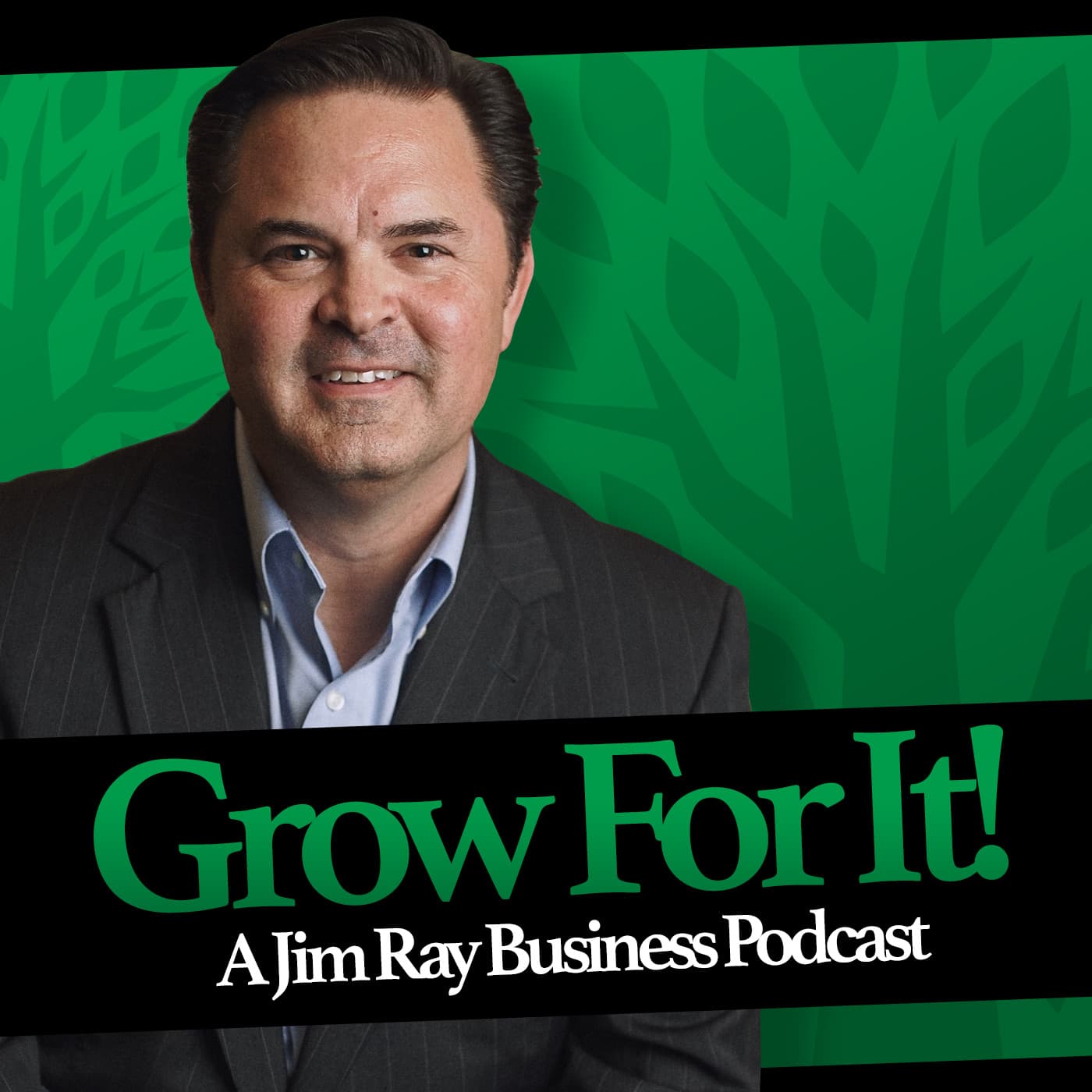Business
Episode 19: I’m proud to welcome Dr. Frank Raymond to today’s podcast. He’s Bellarmine University’s Interim Dean of the Rubel School of Business, the MBA Director and my former professor. In this episode, we’ll discuss how business owners are making sense of the 2020 economy. There’s a surprise announcement toward the end of the episode, so I hope you’ll listen in for that exciting news. The economy is dealing with a number of important issues, including the impact of the COVID-19 pandemic, including a virtual lockdown of the economy. At the same time the country is dealing with extreme social unrest and an upcoming presidential election. The June and July economic performance reports are encouraging. While business owners are looking for certainty, we’re not out of the woods; far from it. The Stock Market Isn’t a Complete Indicator of the Economy There are a lot of speculators in the modern market. This increases the sensitivity to the news cycle. Information moves more rapidly. The reporting is more homogenous than in previous decades. This results in a market that’s a bit detached from the actual performance of the broader market. Fear of a second wave of COVID, employees not being able to return due to the closing of a business, supply chain interruptions and other factors are instilling fear in the consumer, resulting in further uncertainty for business owners who are able to weather this crisis. This Crisis Is Different Unlike previous crises, this is a healthcare crisis. It’s risky to ignore the necessary mitigation steps to prevent the spread of COVID-19. Even if your business reopens, consumer fears may prevent them from walking through your door. The oil shocks of the 1970s, the dot com bust in 2001 and 2002, as well as the 2008-2009 banking failures were economic crises. These each had slow, but strong recoveries. This COVID-19 crisis is different. We may snap back quickly if a cure is discovered. People are now adapting to new ways of conducting business. The adoption of tech-based solutions has accelerated a structural change, unlike the previous downturns. The China Impact There’s a lot of negative opinion surrounding China, right now. Bringing jobs back from China may not be as easy as it sounds. There’s still an increase in labor costs that must be absorbed and that negatively impacts profitability and innovation. Meaningful change must be practical and feasible. This may be more of a challenge that the headlines would lead us to believe. Unless capital is cheap, it may not offset the increase in labor costs. CARES Act Stimulus This necessary program has added a tremendous amount of debt to the country’s balance sheet. We can’t continue to pump in this massive cash influx. Dr. Raymond questions where the concern was in previous years? The impact of current stimulus is short-lived. We need continued tax relief for small businesses, but more importantly, we need a long-term strategy. The Payroll Protection Program and the increase in unemployment benefits were still short-term solutions. US Tax Policy The US tax rates are relatively low compared to other countries. Still, many of the tax cuts are short-term in duration. Unless they are made permanent, it still doesn’t lead to certainty for medium to long-range budgeting and planning. Repatriation of overseas held funds is risky. Who makes the policies and how businesses are incentivized are important. Still, how they are implemented is critically vital. Individual businesses will be left to make their own decisions. Some innovators will lead the way for a larger shift in a desired direction. Transitional support systems need to be improved to help people understand which sectors will provide specific opportunities. We should increase efforts in effective training and planning to enable them to get there. Disruption is Actually Normal The economic environment is still shifting. Patience is an advantage, if you can afford it. Supply chains may need to be diversified. Your focus on expense control is paramount. Tax policy should be simplified to get rid of loopholes. Level the playing field so companies can plan. In closing, as a business owner, get back to your company’s core competencies. Remember, during any economic downturn, many of your competitors are going to pull back, especially in marketing. You may find opportunities to increase visibility, reach and impact by increasing your market-exposure before your competitors return. There’s still market share to be gained in advance of an economic recovery. Important Disclaimer: This discussion is intended to be an informal exchange of ideas. These ideas do not necessarily reflect the views of Bellarmine University. Listeners should be reminded that information provided by the participants is not a substitute for getting formal professional legal, financial or other advice. Listeners should seek advice from their lawyers, accountants, tax consultants, financial experts, or other professional advisors before making decisions that may impact their jobs or businesses.

